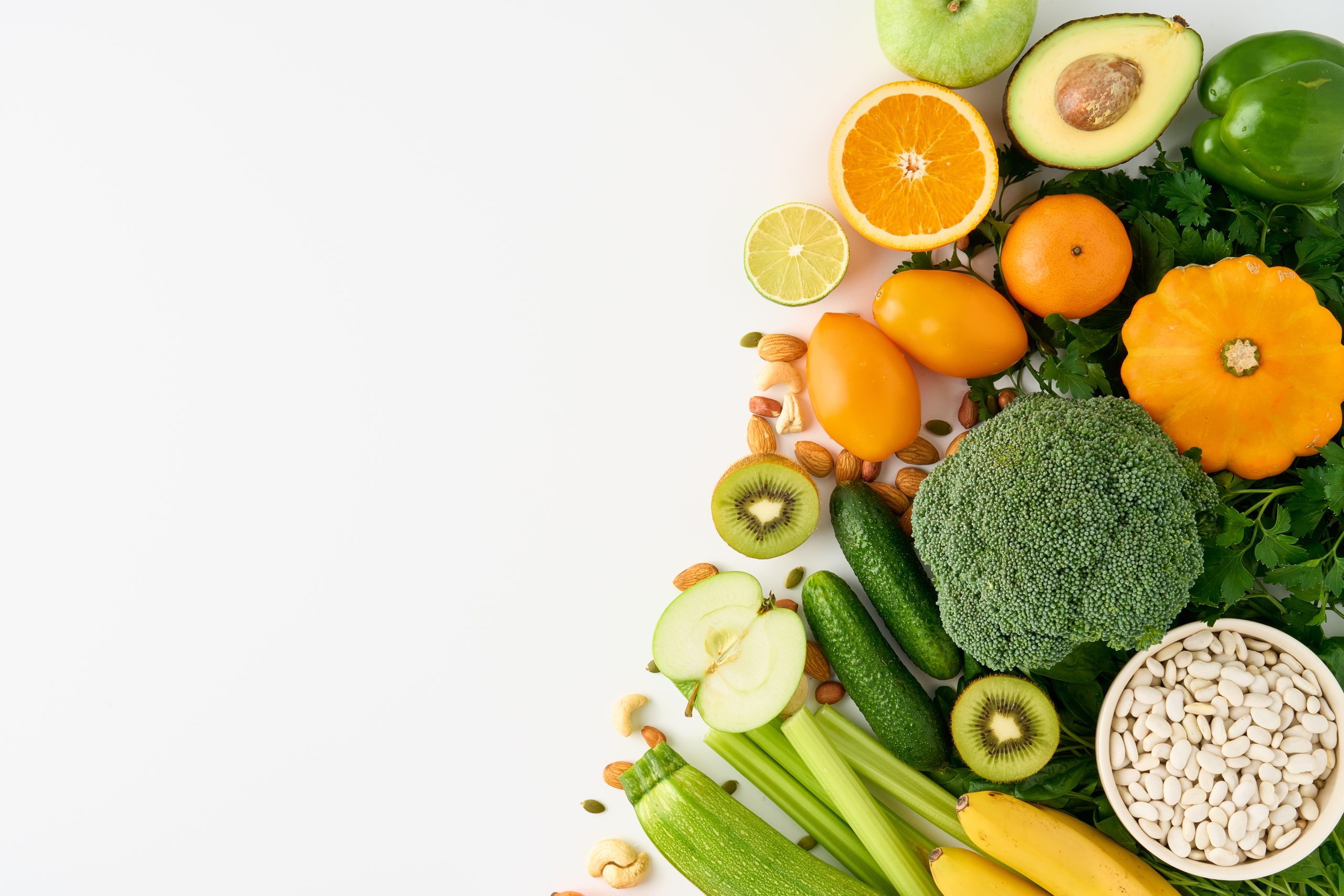
Strengthening the body’s natural defenses and preparing for the cold season through proper nutrition and botanicals
Seasonal changes are periods of the year when our immune system is more vulnerable. There isn't a single cause for coughs, flu, sore throats, and other autumnal illnesses, but a combination of factors to take into account.
Cold weather and the decrease in natural daylight hours during the day, which promotes more sedentary behavior, while not directly responsible for seasonal illnesses, can undoubtedly contribute to weakening the body's natural defense in addition to coping, from October to March, with numerous challenges.
In fact, the rhythms of work and study schedules with consequent stress, along with habitual indoor settings with limited air exchange, and the diffusion of infectious diseases are all aspects that can make us more susceptible.
Let's discover together how a varied and balanced diet and botanicals can be valuable allies for facing autumn and winter.
The role of nutrition and a healthy lifestyle
A balanced and complete daily diet, with at least 5 portions a day of steamed or raw seasonal fruit and vegetables, whole-grain foods, legumes and fish, can naturally support the body's defenses on its own, even more effective when accompanied by a lifestyle that includes regular and adequate rest, outdoor physical activity and the limitation of substances that promote inflammatory processes, such as alcohol and caffeine.
In fact, the most recent research on immune support confirms that multiple specific micronutrients, including vitamins A, C, D, E, B6 and B12, folic acid, zinc, iron, copper and selenium, play a vital role in the proper functioning of the immune system.
Vitamins and micronutrients are abundant in fruits and vegetables. For example, vitamin C abounds not only in citrus fruits and kiwis but also in green vegetables, some of which, like broccoli, are typical of the autumn season; vitamin A can be found in yellow-orange vegetables (such as carrots and squash), while vitamin E is present in nuts, cereals and olives. Vitamin D mainly comes from animal sources, such as fish, eggs, and milk.
For this reason, the diet should be varied. However, when it becomes difficult to follow the golden rules of a healthy lifestyle and if you believe your immune system is weakening, it's advisable to consult your doctor or nutritionist, who may recommend the use of dietary supplements.
Can botanicals help?
Even before Covid-19, there was evidence of the potential of natural plant-derived products in dealing with various viral infections. More recently, some plant-derived nutraceuticals have been studied as possible immunomodulating agents, often with the advantage of greater tolerability than pharmacological treatments.
Botanicals, in fact, usually act indirectly on the immune system through their antioxidant properties, allowing cells to trigger a booster effect and increase natural defense mechanisms; at other times, they may have a more specific antimicrobial and/or anti-inflammatory actions.
But which plant extracts can help improve the body's natural defenses and which classes of phytochemical molecules are useful for this purpose?
The list of herbs and spices with these properties is very long. For example, we can mention plants from the Lamiaceae family (e.g., thyme) for their content of essential oils, which have antimicrobial and antioxidant activity, but also commonly used spices like ginger, turmeric, cinnamon, cloves, etc., also possess these properties.
The polyphenols in Sambucus nigra L. and Humulus lupulus L. seem to be responsible for the antioxidant and antiviral cytoprotective properties of immunHopE®: our high-quality dry extract can indeed produce a potent effect compared to individual extracts in reducing the mRNA levels of all tested viral proteins.
Echinacea purpurea (L.) Moench, found in our EKINact®, is known for its action on the body's natural defenses: in addition to being rich in polyphenols that protect cells from oxidative damage, the plant contains polysaccharides with recognized immune-stimulating properties. Another species of Echinacea, Echinacea Angustifolia DC, has similar properties; both are used to prevent upper respiratory tract infections, such as the common cold.
Rosa Canina L., whose fruits, called rosehips, contain flavonoids, tannins and carotenoids, is a natural source of vitamin C, with tonic and antioxidant functions.
Adaptogenic plants can also be beneficial, as they help the body respond to endogenous and exogenous stress. An example is Panax Ginseng C. A. Meyer, a Chinese plant that can increase both humoral and cellular responses, thanks to the contribution of ginsenosides and polysaccharides.
Finally, Eleutherococcus senticosus Maxim, also known as Siberian Ginseng or taiga root, which improves the body's adaptability to seasonal changes thanks to its richness in eleutherosides and polysaccharides, preventing infectious diseases during cold periods.
Discover all the extracts Made in EPO in the dedicated section of our website.